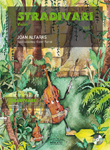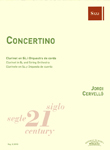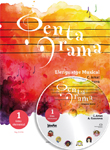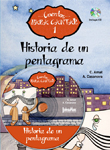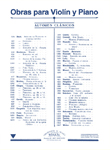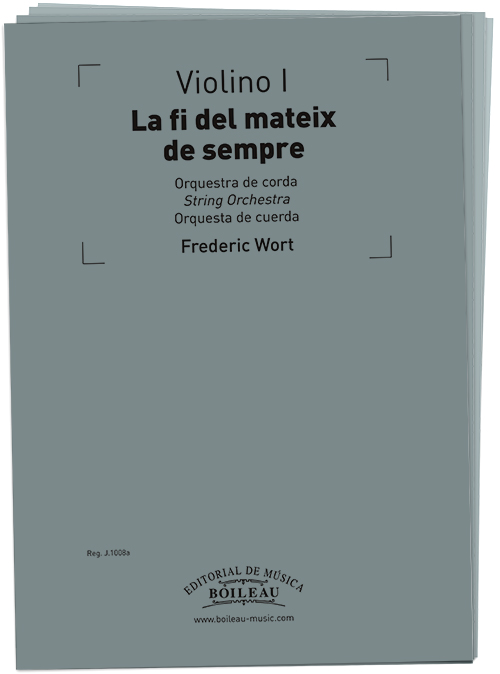La fi del mateix de sempre
Material de orquesta de cuerda en venta
String orchestra
WORT, FredericReg.: J.1008a
30,00 €
P.V.P. (VAT included 4%)
Add to cart
- Ensemble: String orchestra: .
- Genres: Classical / contemporary: Chamber.
- Product format: Particellas
- Difficulty level: Intermediate-advanced
- Period: 2nd half S. XX - XXI
- Publishing house: Editorial Boileau
- Collection: Premi Frederic Mompou
- No. of pages: 28
- Measure: 31,00 x 23,00 cm
- Lenght: 20'00"
- ISMN: 979-0-3503-4034-5
- Available in digital: No
- Available for rent: No
0 0 0 0 — 0 0 0 0 — str
Strings: 6,5,4,3,2
"His light is dark and sad, like the melancholy of a vital sunset. Modest Urgell's landscape painting links him to Romanticism and Realism and brings him closer to a very personal feeling of looking at the classical civilisation of Catalonia.
Novalis says: "everything that is superior, mystical and infinite receives an ordinary expression". I quote this phrase in connection with the first movement I use in the work, entitled "Again the usual". The symbols of the sunset are "the usual" and it receives the expression of the ordinary. From the formal point of view, the landscape format, constant attention to the horizon, a dialogue between sky and earth in which man becomes an indirect spectator (due to the fact that his back is turned to the painter) and the distance becomes the immensity of a world that is not ours.
Romanticism lost its force in the 19th century because there was no longer any belief in the beyond. This "beyond", immortalised by painters and historical events, was replaced by the gaze of the "hereafter" of Modest Urgell's realism. It is true that Romanticism creates a false aesthetic in the real world, but let us not forget Turner and his particular vision of an event such as the Flood. Therefore, without going any further, I would like to say that this style approaches a very subjective form of what later painting will be and that Urgell's realism acquires an overwhelming subjectivism when he tries to express the everyday life of characters or landscapes.
The music of the second movement is the loss of the innocence of the first. A solitary sunset, the fog, the remoteness of an old person, express loneliness. It is a glimpse of twilight and the coming night, but without the image of children. The music is calm but not so innocent, a kind of very calm waltz that represents the course of life with a certain nostalgia. Here the infinity of Novalis, the light baggage of Machado, is represented again. There are no angels or devils, just a few elements that recall beliefs to give faith.
"Act of faith" is a possible final redemption after the initial sin, a typical allusion in all biblical texts.
A person afflicted by sadness, gloomy effects announcing death in the foreground, the night, "the end of the same old thing" and already dedicated to the eternal question of the "more here", previously ignored of its own accord.
I use the art that surrounds us to further enrich our compositions and for me it is like a ritual to globalise its various expressions. That is why the third movement also includes a poem by Pere Quart in relation to the music that has been written. This poem works in the manner of a symphonic poem, so that the music expresses at each moment what the poem suggests to me. That's why I had to write it as the bars went by.
(Lluna seguida, brasa partida, malaguanyada!) is the loss of light, just as it happens in the painting, when we see the moon, the incineration, the night of everything that has already ended".
Note taken from the author's personal diary
I. Altre cop al de sempre
II. El pedregal
III. Acte de fe

